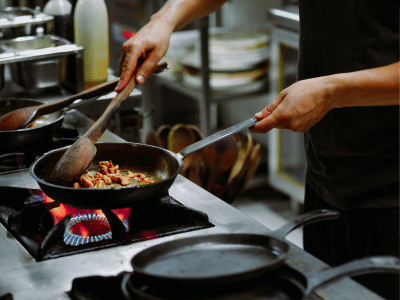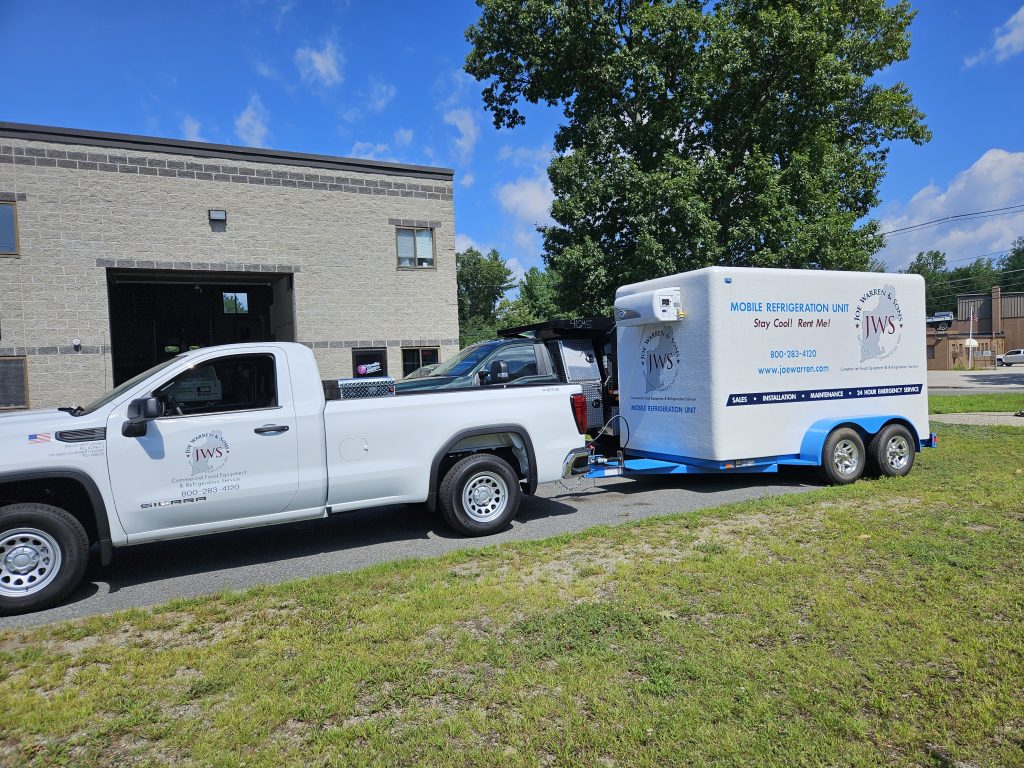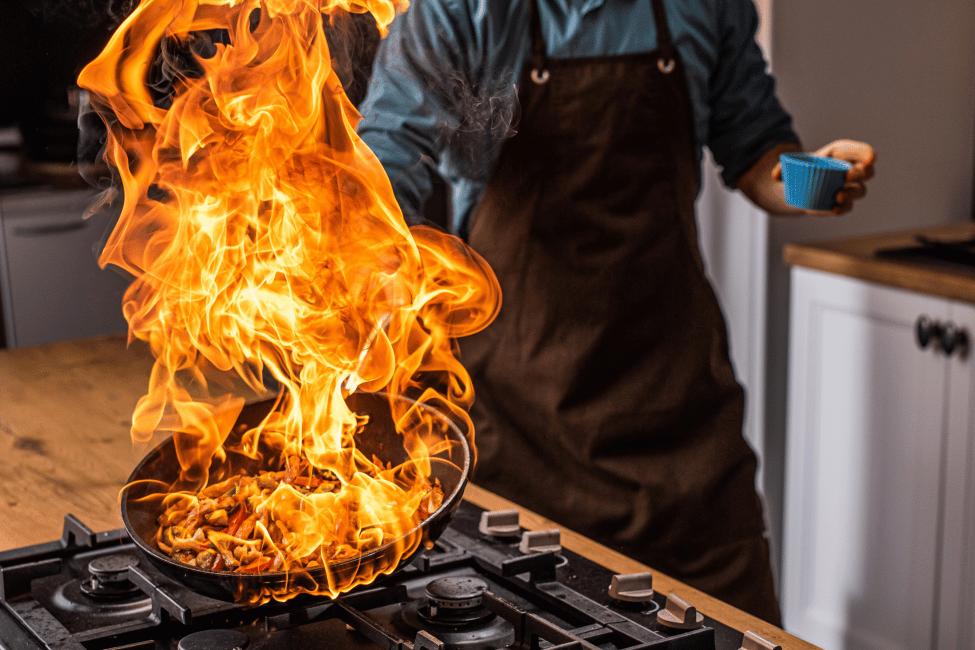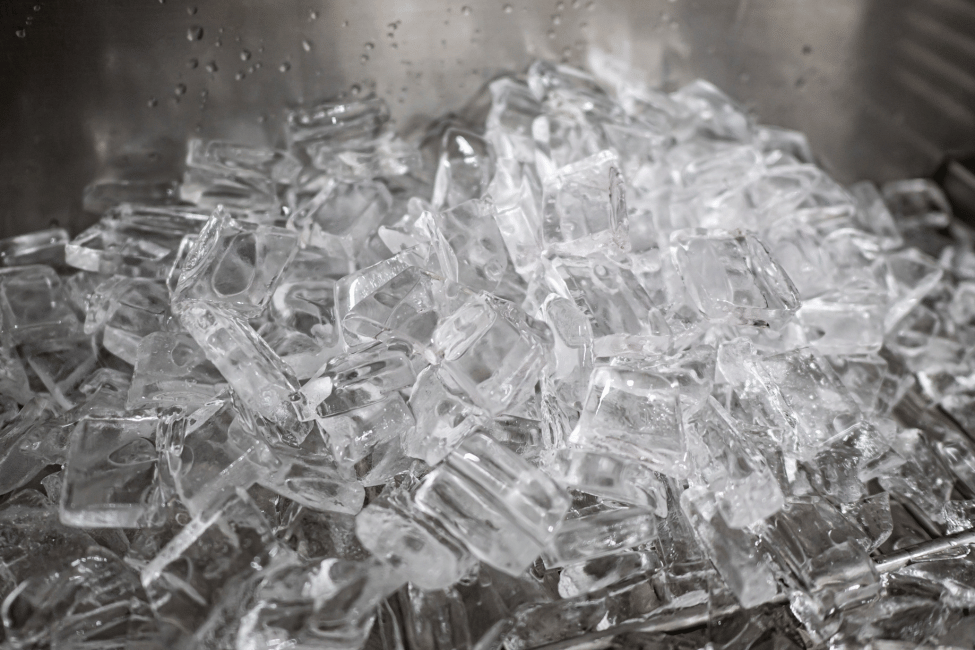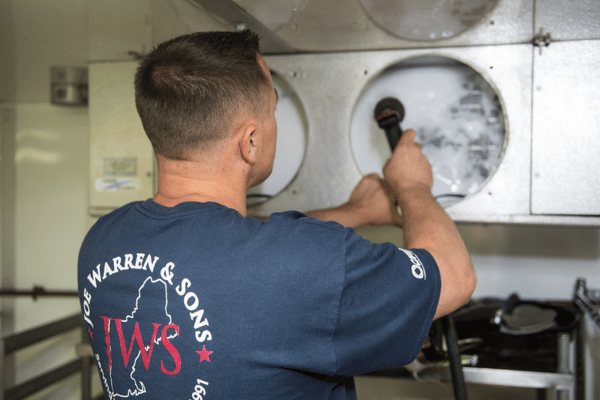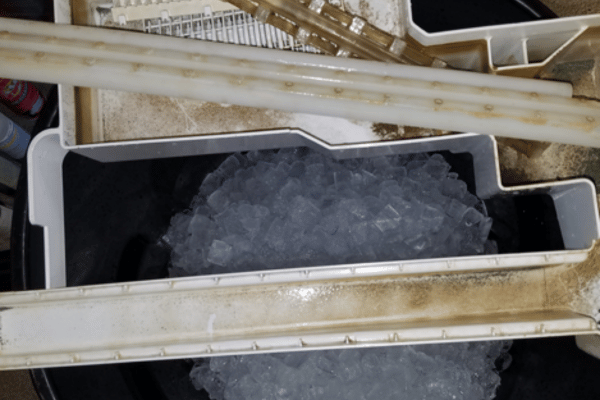Running a successful foodservice operation in New England requires more than just great food and exceptional service. Behind the scenes, a well-maintained and fully operational kitchen is essential for the smooth functioning of any establishment. Your cooking and cooling equipment, from ovens and grills to refrigerators and freezers, play a vital role in delivering consistently high-quality meals to your customers. To ensure the longevity and optimal performance of your commercial kitchen equipment, proactive maintenance is key. In this blog post, we will share essential tips and techniques for properly maintaining your foodservice operation’s cooking and cooling equipment.
Regular Inspections:
- Performing regular inspections of your cooking and cooling equipment is crucial to catch potential issues before they escalate into major problems. Designate a qualified technician to conduct routine inspections, ensuring that all components, such as burners, fans, motors, thermostats, and seals, are thoroughly examined. These inspections should be scheduled at least twice a year or more frequently for heavily used equipment.
Cleaning Schedules:
- Maintaining cleanliness in your kitchen equipment is not only crucial for food safety but also for the efficiency and longevity of your appliances. Develop and adhere to a comprehensive cleaning schedule that covers daily, weekly, and monthly tasks. Regularly clean grease traps, filters, condenser coils, and other components prone to buildup. A clean and well-maintained kitchen will minimize the risk of breakdowns and extend the lifespan of your equipment.
Proactive Repairs:
- Don’t wait for equipment to fail before taking action. Proactive repairs can save you time, money, and potential disruption to your operations. When an issue arises, address it promptly, even if it seems minor. Engage the services of a reliable commercial kitchen equipment repair company that specializes in your specific brand and model. Regularly servicing your equipment and replacing worn-out parts will help prevent breakdowns and costly emergency repairs.
Train Staff on Proper Usage:
- Educate your kitchen staff on the correct operation and handling of your cooking and cooling equipment. Improper usage can lead to premature wear and tear or even accidents. Ensure that your team understands the importance of following manufacturer’s guidelines, including temperature settings, load capacities, and recommended cleaning procedures. Encourage open communication so that staff can report any equipment issues immediately.
Document and Track Maintenance:
- Maintain detailed records of all maintenance and repairs performed on your cooking and cooling equipment. This documentation will help you track the history of each appliance, identify recurring issues, and schedule planned maintenance more effectively. Furthermore, keeping records of maintenance can also be useful for insurance purposes and when it’s time for equipment replacement or upgrades.
Invest in planned maintenance Contracts:
- Consider partnering with a reputable commercial kitchen equipment repair company that offers planned maintenance contracts. These contracts typically include regular inspections, cleaning, and servicing, providing peace of mind knowing that your equipment is being taken care of by professionals. planned maintenance contracts are cost-effective in the long run, as they can help identify and resolve issues before they become major problems.
Proactive maintenance is the key to ensuring the longevity and reliable performance of your foodservice operation’s cooking and cooling equipment. By implementing regular inspections, adhering to cleaning schedules, conducting proactive repairs, training staff, documenting maintenance, and investing in planned maintenance contracts, you can significantly reduce the risk of equipment breakdowns, extend the lifespan of your appliances, and maintain a smoothly functioning kitchen. Prioritizing equipment maintenance will not only save you time and money but also contribute to a positive dining experience for your customers and the overall success of your foodservice operation.
Have a question? Contact our team today.

